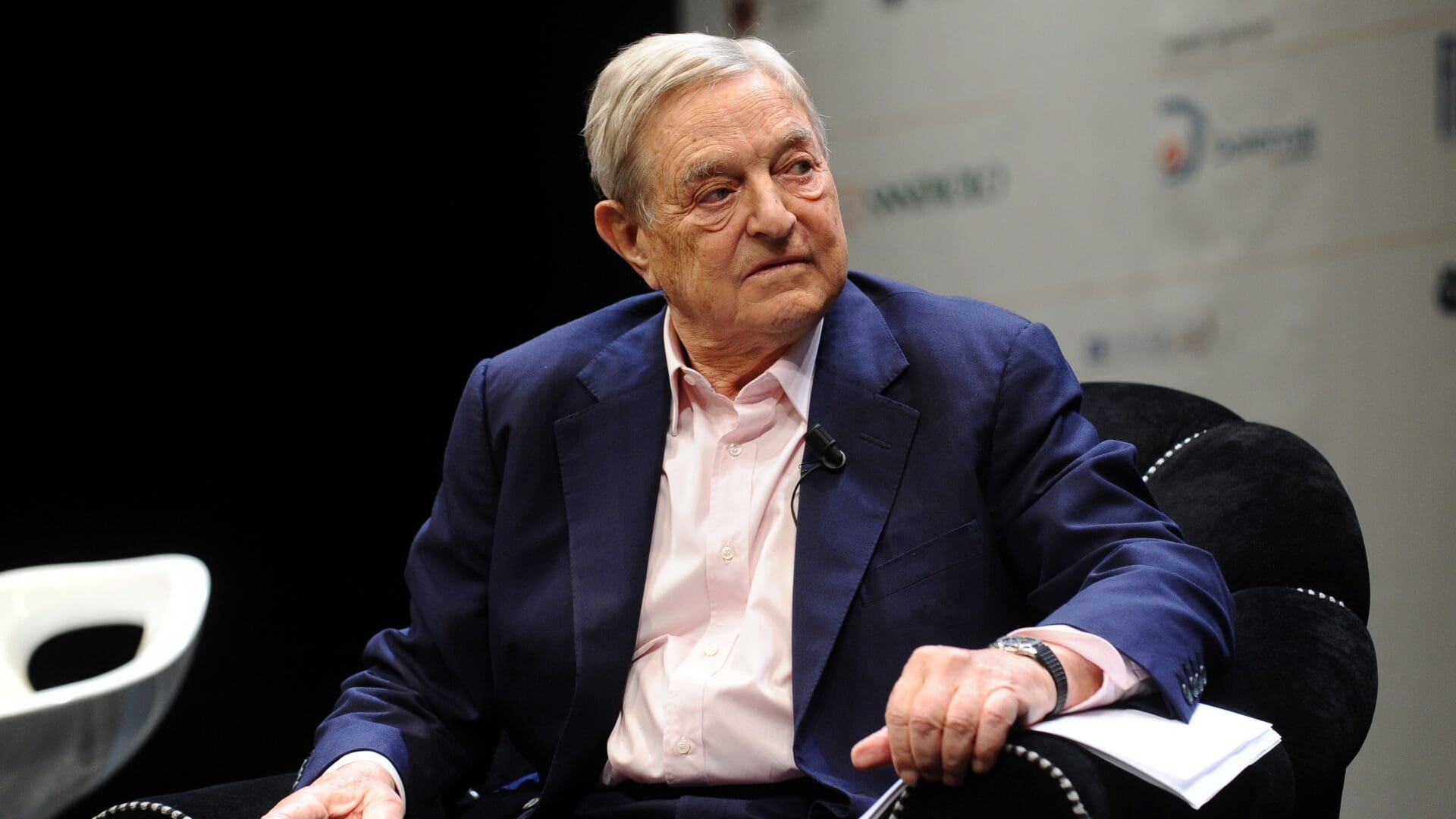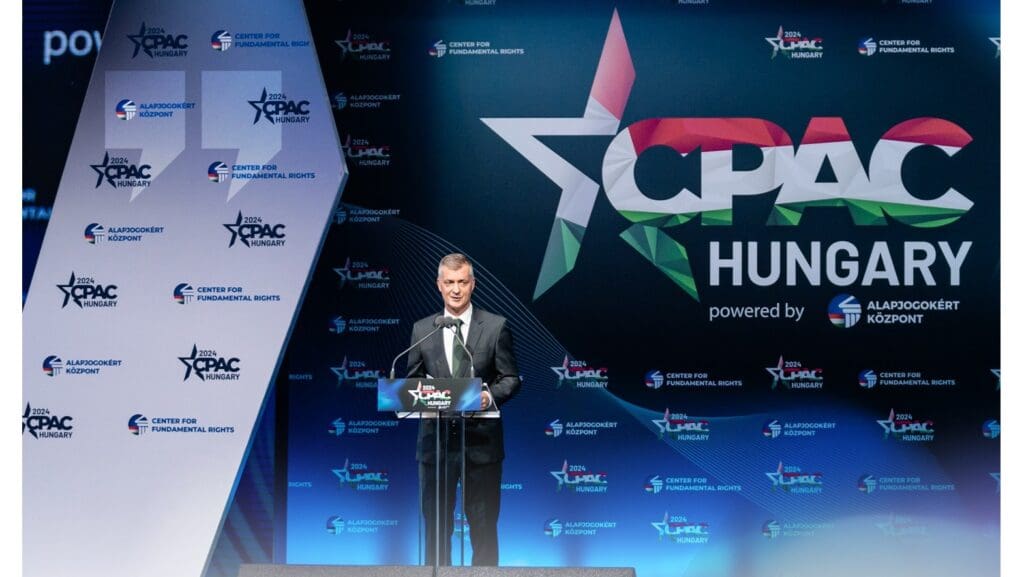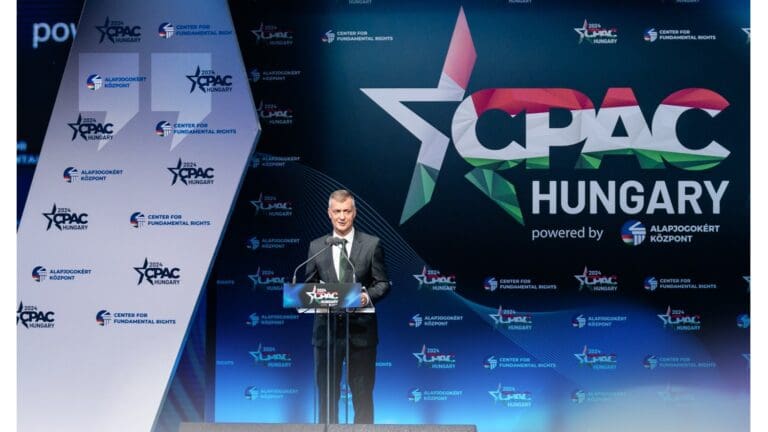Recent news reports suggesting that the Open Society Foundations (OSF) and its founder, George Soros, are planning to ‘leave Europe’ have been deemed misleading by Alex Soros, the son of George Soros and the new leader of the organisation. In a recent opinion piece published on POLITICO, Alex Soros addressed these reports, emphasising that the OSF remains dedicated to its mission within Europe and its strategic importance in the region.
Soros acknowledged that Europe remains a crucial focal point for the OSF, whose activity in the region can be traced back to the 1980s when his father began supporting independent thinkers in Hungary during the Soviet era. Despite Europe’s imperfections, the European Union continues to exemplify values that align with the OSF’s mission, Alex Soros stated.
However, Soros also indicated that the current landscape requires the foundation to adapt, as it did in response to the fall of the Berlin Wall and the 2008 economic crisis. The foundation is witnessing a shift in focus toward Eastern Europe due to ongoing geopolitical changes. The conflict in Ukraine is expected to have profound consequences, while Poland’s rise as a dominant economy is projected to position it as a net contributor to the EU. Furthermore, the future of democratic governance in Europe is increasingly influenced by countries like Poland, Ukraine, and the Czech Republic, rather than solely by traditional powerhouses like France and Germany.
Amid these changes, Alex Soros clarified that the OSF’s evolution in Europe signifies a shift in priorities rather than a complete withdrawal. The foundation will streamline its initiatives to address present and upcoming challenges while ensuring a more efficient allocation of resources. Although this may result in a reduction of staff and the conclusion of certain projects, it is not indicative of a retreat from the region.
He explained: ‘In a surprise twist,
a Hungarian government official [Balázs Orbán] got it right when he expressed scepticism about media reports.
This isn’t about funding levels — it’s about priorities as the focus of funding shifts back to the Continent’s east.’
The shift in priorities is not linked to funding levels but rather a strategic re-evaluation of where resources can have the greatest impact, Alex Soros wrote, stressing that the OSF is committed to supporting its foundation in Ukraine, which has played a vital role in strengthening civil society and resilience against Russia’s aggressive actions.
Additionally, the foundation will continue its support of Moldova and the Western Balkans as these regions pursue EU accession. The OSF acknowledges that EU membership is crucial for maintaining stability and unity in these areas, countering potential conflicts and external influences.
Furthermore, the OSF will intensify its efforts to advocate for the rights and equal treatment of Europe’s largest ethnic minority, the Roma population. It will also remain steadfast in supporting the Central European University (CEU), which was relocated to Vienna after, as Alex Soros put, being ‘closed down’ by Viktor Orbán (sic).
Alex Soros concluded by asserting that the OSF will stand alongside allies worldwide who defend democratic rights ‘in the face of autocrats and would-be dictators’.
Related articles:








